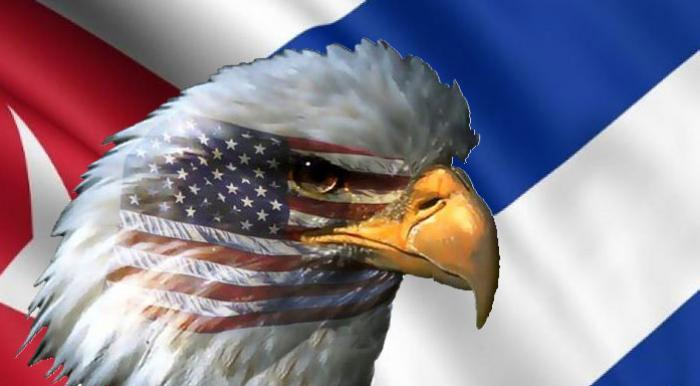
Almost half a century after the administration of Democratic President Jimmy Carter applied the policy of "killing with love" to the Cuban Revolution, the electoral victory of Republican Donald Trump is reviving the Machiavellian thesis with new contributions.
By: Alfredo García Almeida, Journalist, international analyst and contributor from Mérida, Yucatán.
Almost half a century after the administration of Democratic President Jimmy Carter applied the policy of "killing with love" to the Cuban Revolution, the electoral victory of Republican Donald Trump is reviving the Machiavellian thesis with new contributions.
"Without lifting the embargo and even increasing the pressure to curb migration to the United States; preventing the sending of dollars and facilitating the parcels in exchange, that is, keeping the stick, a carrot must also be offered, and that is where Donald Trump, with his control of the executive, legislative and judicial branches, can exercise his well-known originality and unpredictability in international politics and earn a place in history by changing what have been the rules of the conflict until now," assured a Cuban opposition journalist.
The story of replacing "force" with "love" to overthrow the Cuban Revolution appeared in 1977, during the administration of Democrat Jimmy Carter. Through two secret presidential directives, Carter outlined his intention to begin a process that could culminate in the "normalization" of relations with Cuba. The U.S. would seek to promote the following interests: "the fight against terrorism; human rights; the containment of foreign intervention in Cuba; compensation for expropriated U.S. property; and the reduction of Cuba's relations (political and military) with the USSR".
In 1977, the simplest issues in bilateral relations were negotiated, but in 1978 the process began to regress in the face of the U.S. government's desire for Cuba to cede sovereign ground in foreign policy matters. In 1979, Carter signed a new Presidential Directive on Cuba with four specific objectives: 1. to reduce and eventually remove Cuban military forces deployed abroad; 2. to undermine the Cuban offensive for leadership in the Third World; 3. to get Cuba to back down on the Puerto Rico issue; and 4. to prevent the intensification of the Soviet presence in the Cuban armed forces. In return, only promises.
Carter lost his re-election bid to Republican Ronald Reagan, and the process was canceled. No other U.S. president, until Obama in his second term, considered normalizing relations with Cuba, although during this period secret contacts were maintained between the Cuban government and the Democratic and Republican administrations.
The victory of Vice President Joe Biden in the 2020 election once again encouraged the possibility of a change in U.S. policy toward Cuba. This time it was only an illusion, but the election of Trump and his well-known unpredictable and overbearing political behavior has reawakened the old thesis of "kill with love" among nostalgic counterrevolutionaries and moderate nonconformists.

